Depression is a common yet serious mood disorder that can severely impact an individual’s daily life. It’s more than just feeling sad or going through a rough patch; depression is a complex mental health condition that requires understanding, support, and often, professional intervention. Identifying the signs and symptoms of depression is the first step towards seeking help. This blog post aims to shed light on the various manifestations of depression and underscores the importance of reaching out to professional services like Resilience Behavioral Health.
What is Depression?
Depression, also known as Major Depressive Disorder (MDD), affects how you feel, think, and handle daily activities. It can result in various emotional and physical issues and decrease a person’s ability to function in work and at home. The World Health Organization (WHO) cites depression as one of the leading causes of disability worldwide. Despite its prevalence, depression is often misunderstood and stigmatized, which can lead to delays in diagnosis and treatment.
The Signs & Symptoms Of Depression – Recognizing the Emotional Symptoms
One of the hallmark symptoms of depression is a pervasive sense of sadness. This feeling often persists for most of the day, nearly every day, and it may feel like a heavy, unshakeable cloud that dampens your entire mood.
Loss of Interest or Pleasure
Individuals with depression often lose interest in activities they once enjoyed, including hobbies, social interactions, and even sex. This is known as anhedonia and can significantly impact quality of life.
Feelings of Guilt and Worthlessness
Depression often brings with it feelings of excessive guilt and worthlessness. You may find yourself fixating on past mistakes and feeling disproportionately responsible for events outside your control.
Anxiety and Restlessness
While depression and anxiety are distinct conditions, they often coexist. You might experience symptoms like intense worry, panic attacks, or restlessness.
Suicidal Thoughts
In severe cases, depression can lead to thoughts of death or suicide. These thoughts are serious and warrant immediate attention from healthcare providers.
Physical Signs and Symptoms of Depression
Depression can lead to significant weight changes, either weight loss due to loss of appetite or weight gain due to overeating as a coping mechanism.
Sleep Disturbances
Insomnia or hypersomnia (sleeping too much) are common in depression. Troubled sleep can exacerbate other symptoms and affect overall well-being.
Fatigue and Low Energy
A constant feeling of fatigue and a lack of energy can make even simple tasks feel monumental. This pervasive tiredness can disrupt both personal and professional life.
Psychomotor Agitation or Retardation
Psychomotor symptoms manifest as either restlessness (agitation) or slowed movements and speech (retardation). These symptoms are noticeable by others and can cause significant distress.
Aches and Pains
Depression often manifests with unexplained physical issues like headaches, digestive problems, and chronic pain. Emotional well-being and physical health are closely linked, and chronic stress or sadness can impact your body.
The Cognitive Symptoms Of Depression
Depression can impair your ability to concentrate, make decisions, and think clearly. This can affect job performance, academic endeavors, and daily responsibilities.
Indecisiveness
Indecisiveness and prolonged periods of second-guessing are common cognitive symptoms. You may find it hard to make decisions, no matter how minor they may seem.
Memory Problems
Difficulty remembering tasks, obligations, and even conversations can be signs of depression. These memory issues may contribute to feelings of frustration and guilt.
The Importance of Seeking Help
Recognizing the signs and symptoms of depression is crucial, but the next step is equally important—seeking help. Depression is treatable, and early intervention can make a significant difference. Professional therapists and psychiatrists can offer a range of treatments including cognitive-behavioral therapy (CBT), medication, and lifestyle interventions.
Talking to Loved Ones
Opening up to family and friends about what you’re going through can provide emotional support and encouragement to seek professional help. Remember, it’s okay to ask for help, and it’s okay to admit you’re struggling.
Professional Help
If you find that your symptoms persist, escalate, or interfere with your daily life, it’s time to consult a mental health professional. They can provide a treatment plan tailored to your specific needs.
Resilience Behavioral Health – A Trusted Mental Health Care Provider
At Resilience Behavioral Health, we understand how debilitating depression can be. Our mission is to provide compassionate, evidence-based care tailored to your individual needs. Our team of skilled professionals offers a variety of services, including individual therapy, group therapy, medication management, and crisis intervention.
If you or someone you know is experiencing symptoms of depression, don’t wait to seek help. Visit our admissions page to learn more about our services and how we can support you in your journey towards recovery. Taking the first step towards getting help can be life-changing, and we are here to guide you every step of the way.
Identifying the signs and symptoms of depression is crucial for early intervention and effective treatment. Remember, you are not alone in this journey. Help is available, and taking that first step towards seeking support can pave the way for a healthier, more fulfilling life. Contact Resilience Behavioral Health today and start the admissions process.



